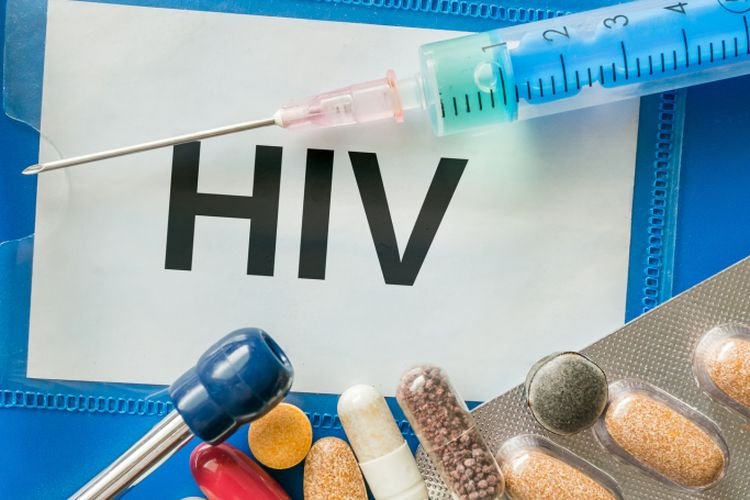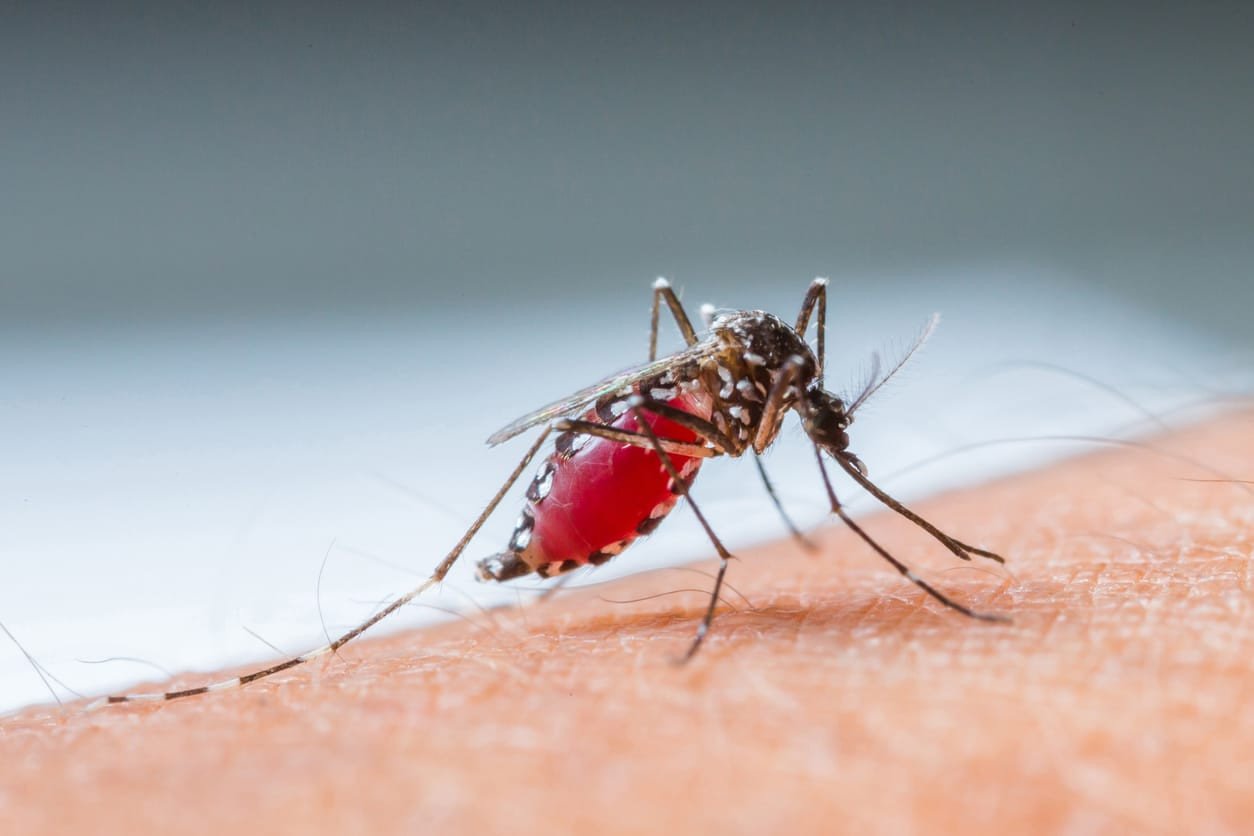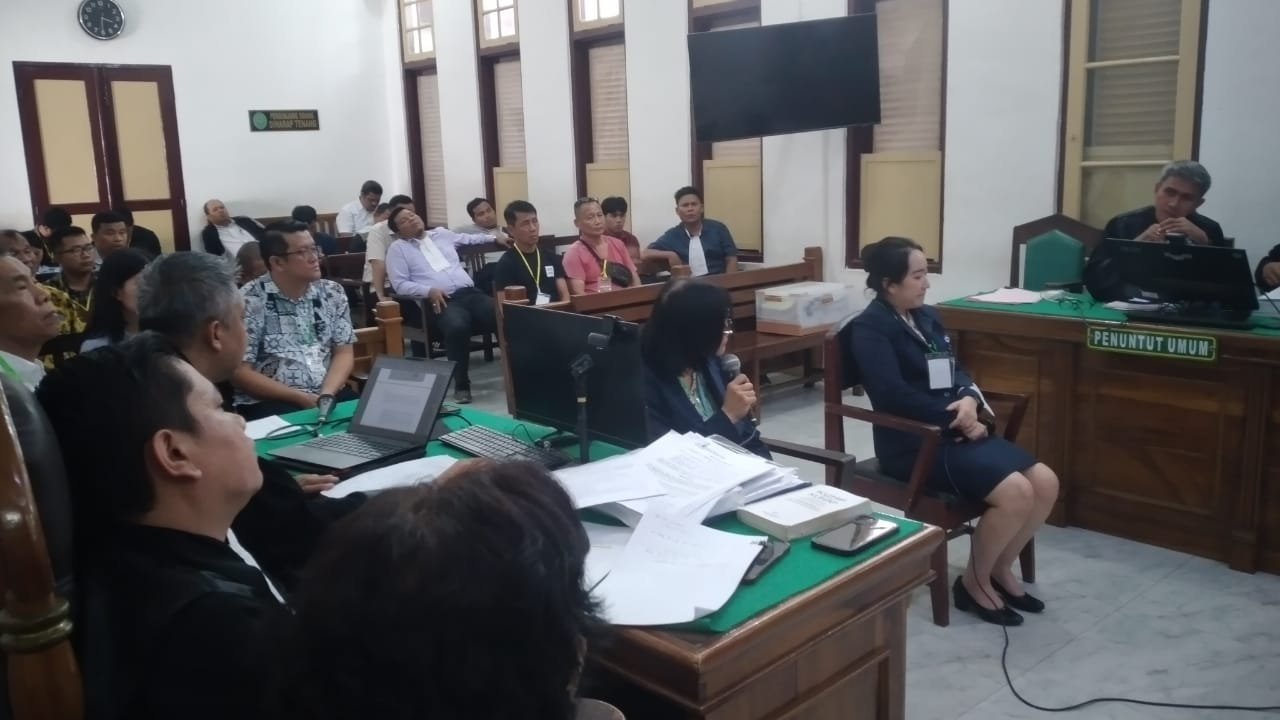
Mahkatop — A German man may have become the seventh person in the world to be ‘cured’ of HIV, marking a significant medical milestone in HIV research. The man, who wishes to remain anonymous, was treated for acute myeloid leukemia and underwent a stem cell transplant in October 2015. Since discontinuing antiretroviral therapy in September 2018, he has remained in HIV remission without relapse.
“The longer we observe HIV remission without any HIV therapy, the more confident we become that we may be seeing a case where we have truly eradicated all competent HIV,” said Dr. Christian Gaebler, a physician at Charité-Universitätsmedizin Berlin.
HIV is notoriously difficult to cure because some infected cells are long-lived immune cells that enter or remain in a dormant state. Standard antiretroviral therapy for HIV only works on immune cells that are actively producing new copies of the virus, leaving HIV in dormant cells undetected. These dormant cells are collectively known as the viral reservoir, which can start producing HIV at any time. Consequently, if people with HIV stop taking antiretroviral drugs, their viral load typically rises within weeks.
The donor in this case possessed a genetic mutation known as CCR5-delta32, which affects the protein on the surface of immune cells that HIV uses to enter and infect the cells. Individuals with two copies of this mutation are highly resistant to HIV infection. Although the donor in this case had one copy of the mutation, meaning they could still be infected with HIV, the virus generally progresses more slowly in such individuals.
“We need to understand how the new immune system successfully grafted into his body and how it managed to eliminate the HIV reservoir over time,” added Dr. Gaebler.
This case brings new hope for future HIV research and treatment, offering a glimmer of hope for millions of people living with the virus. (*)







